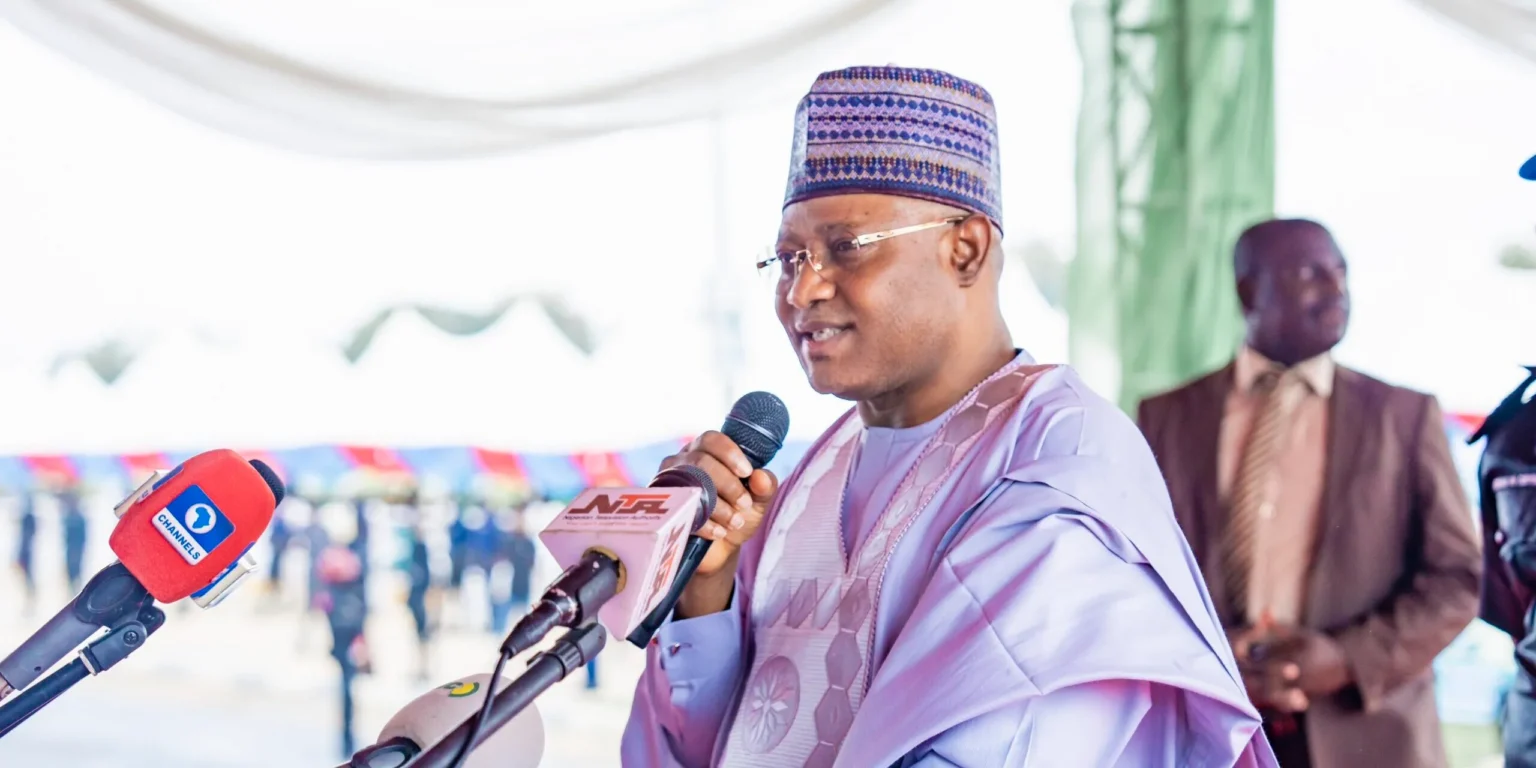Governor Uba Sani has pledged that Kaduna State will lift millions out of poverty through aggressive financial inclusion policies, including the opening of three million new bank accounts by the end of 2025.
The governor made this promise while speaking at the Kaduna Economic and Financial Inclusion Summit (KEFIS 2025), themed “Expanding Financial Access for Sustainable Development,” on Wednesday.
He disclosed that over 2.5 million accounts have already been opened, and nearly seven million citizens have registered for National Identification Numbers (NIN) to facilitate financial access.
“True financial inclusion is about granting individuals and communities the means to participate meaningfully in the economy, break the cycle of poverty, and elevate their quality of life,” the governor told stakeholders, including representatives of the Vice President and development partners.
According to him, Kaduna’s rural population, which makes up 70 to 75 percent of the unbanked, is at the center of the state’s inclusion drive.
ALSO READ: Ekiti govt, CIS partner to boost financial intelligence for top officials
“About 3.5 million people in Kaduna were outside the financial system as of 2023,” he revealed.
“This exclusion hindered economic growth and left many vulnerable groups disenfranchised from the benefits of modern financial systems,” he added.
Recounting his experience as former Chairman of the Senate Committee on Banking and Financial Institutions, the governor said he sponsored the Banking and Other Financial Institutions Act (BOFIA) 2020.
Governor Uba Sani pointed out that the law brought fintechs under Central Bank regulation, enabling digital financial services to reach underserved areas.
“A lot has happened since fintechs came under the CBN’s regulatory oversight. They are now reaching people formerly outside the financial system,” he said, highlighting how they have enabled access to mobile banking, credit, and donor programs.
According to the governor, his administration has also institutionalized financial inclusion through the Kaduna State Financial Inclusion Executive Order, which led to the formation of a state committee and targeted interventions.
He said over N18 billion was channeled into accounts through direct cash transfers and input distributions by agencies like KADEDA, KADSIPA, and the Planning and Budget Commission.
“The signing of the Financial Inclusion Order in 2023 marked a significant moment in our journey toward economic empowerment and social equity,” he said.
The policy resulted in a 19% increase in financially served adults, rising from 45% in 2022 to 64% in 2024, with about 9% of the population newly banked and 10% accessing other formal financial services.
The governor added that Kaduna’s inclusion strategy also supports Micro, Small, and Medium Enterprises (MSMEs), which are critical to job creation.
“We are fostering a vibrant entrepreneurial ecosystem where MSMEs can grow, create employment opportunities, and contribute to the economy of Kaduna State,” he said, adding that the economic impact is already visible, with poverty rates and income inequality declining.
Governor Uba Sani disclosed that access to financial services and credit “has lifted many people out of poverty.”
“In Kaduna State, we believe in a comprehensive approach to tackling insecurity. Financial inclusion is addressing the root causes of insecurity: unemployment and inequality,” he pointed out.
The governor said that partnerships with banks (UBA, Jaiz, Zenith, Fidelity), fintechs (Moniepoint, Momo, TeasyPay, E-Tranzact), and global development partners like the Gates Foundation have been pivotal.
He noted that the foundation is streamlining NIN enrollment and supporting digital payment systems.
He added that, in recognition of its progress, Kaduna has been chosen as a pilot state by the Office of the Vice President for a national financial inclusion initiative.
“As part of this, Kaduna will allocate 5,000 hectares for an in-grower scheme, supporting rural farmers through input support and product-based repayments.
“This approach is tailored to empower rural communities and integrate them into the formal financial system,” he explained.
The governor also disclosed that he was recently appointed to the Governing Board of the Presidential Committee on Economic and Financial Inclusion (PreCEFI), representing Northern Nigeria — a nod to Kaduna’s role as a trailblazer in financial empowerment.




